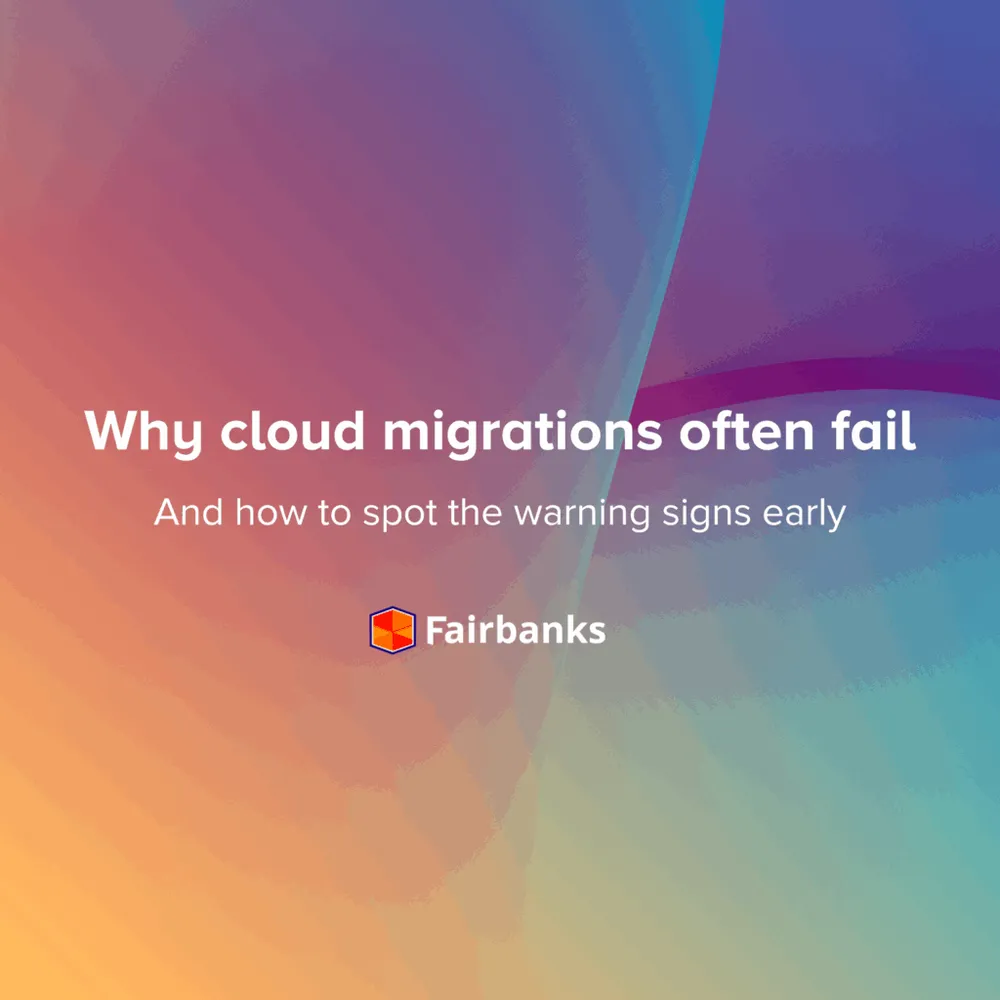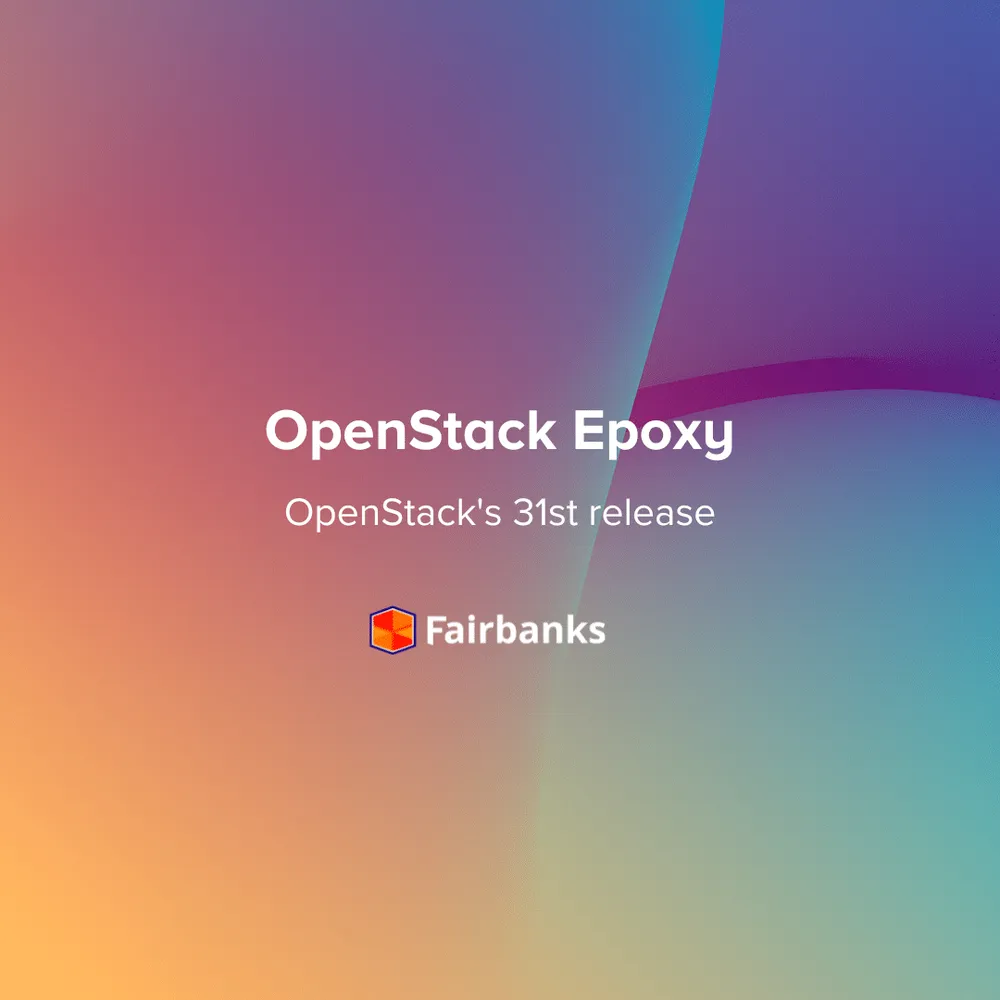The path to sustainable IT: Our insights on the beginning of a Life Cycle Assessment (Dell R740 and the HP DL 360 1U - OS9)
In the IT sector there are many challenges, with one prominent issue being the need to tackle our environmental footprint. As technology progresses, so does our responsibility to maintain a sustainable digital infrastructure. From the shadows of energy consumption to the weight of electronic waste, we find ourselves grappling with many environmental concerns. It is within this complexity that we acknowledge the importance of Life Cycle Assessment (LCA). Read our previous blog: Life Cycle Assessment: what it is, and why it is important.
The Value of Life Cycle Assessment in the IT Sector
LCA serves as one of our guiding lights, offering a view of a product’s environmental footprint across its entire lifecycle. By immersing ourselves in the effects our products have on the environment, we gain insights crucial for steering our decisions towards reducing our environmental impact. This journey holds particular significance for us and is interesting at the same time since we don’t sell servers. We only use them in our facilities to build infrastructures in private clouds.
But why do we place such emphasis on LCA, particularly within the IT sector? The answer lies in its remarkable ability to pinpoint the greatest sources of impact, thereby paving the way for sustainable innovations. For both hardware and software. Whether it is through modest energy-efficient designs, the embrace of sustainable materials, the reduction of waste, or the adoption of circular principles, LCA could empower us to apply alternatives and greener practices.
Conducting and openly sharing LCAs for servers within the IT sector often proves to be an intimidating task. The sensitivity of competition-sensitive information surrounding server production can prevent having open dialogues regarding these assessments. Nevertheless, by undertaking these assessments and sharing them publicly, we aim to encourage meaningful conversations within the industry. Through this collective journey, we hope to identify areas for improvement and drive towards more sustainable ways of operation.
How we conduct a life cycle assessment
Our journey into the world of Life Cycle Assessment (LCA) inspired us to undertake LCAs of two unique servers. We compared Dell’s 2019 report (link) with our own dismantled HP DL 360 1U – OS9 server in 2023. All data was put into Ecochain, a Dutch based tool for conducting LCAs, drawing upon Mobius’ international impact database to link components to impact/emission values such as CO2.
Speaking of which. Earlier in 2023, after reviewing the Dell report, Wout van Heeswijk (CTO at 42on) gave an insightful talk at Cephalocon 2023 based on our insights titled “The Unseen Carbon Footprint: Data Storage and Sustainable Solutions.” Check out Wout’s talk on Ceph here
Learnings and results of this life cycle assessment
Learnings:
Results:
Have a look at our research. Download the output here (ecochain export)
Yet, despite the challenges, the relevance of this journey cannot be overstated. If you utilize servers in your service provision, heavily rely on servers in your operations, or frequent data centers, the implications of conducting a LCA are profound. As our digital reliance grows, so too does the urgency of understanding and reducing our environmental footprint.
In conclusion, our journey into LCA embodies the spirit of humble discovery. With each revelation, we are reminded of the vastness of our knowledge and the depth of our inquiry. Yet, it is through this journey, shared openly and transparently, that we move closer towards a more sustainable future for the IT sector and beyond
What’s next?
Where do we go from here you might ask? The next step for us is to conduct a survey at the KubeCon event in Paris, to get a better understanding of the knowledge level of impact from visitors there. In what way is a private cloud infrastructure partner responsible for your sustainable cloud solutions?
Follow us and impact updates. Within our updates we will share our learnings, results and flaws. So stay tuned to learn and discover alongside us!









